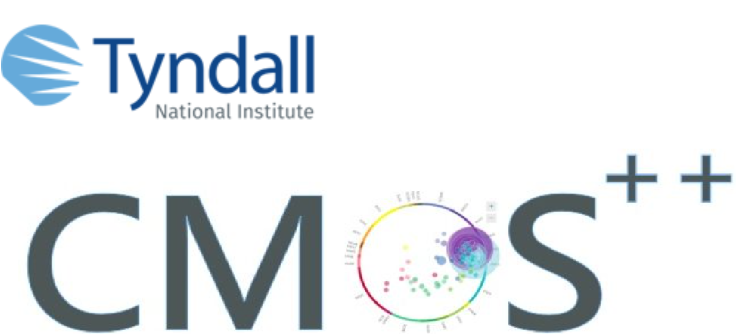PhD position in Nanofabrication and advanced characterisations for GeSn quantum devices.
Job title: Ph.D. Category: Research Job type: Full-time
In the past two decades, quantum supremacy has evolved from a speculative playground into an industrial race. Compared to other technologies, quantum computing devices with silicon (Si) qubits offer significant prospective enhancements in terms of scalability. Gate-defined quantum dot qubits can be manufactured using the same complementary metal-oxide-semiconductor (CMOS) underpinning today’s semiconductor industry. Moreover, their resemblance to the transistors that constitute the building blocks of almost all our electronic hardware is remarkable. However, traditional Si, and closely related Ge have fundamental material properties i.e. an indirect bandgap, relatively high electron effective mass and multi-valley conduction bands that limit their use for quantum computation. To overcome these limitations, ideally, we need a group IV material with a direct-gap – allowing combining fundamental spin phenomena, low effective mass for higher temperature operation, and the possibility of optical control utilizing the direct band gap property. GeSn compounds satisfy all these criteria. For Sn composition greater than 8%, GeSn is a direct bandgap semiconductor with a single valley for electrons, providing a low effective mass for charge carriers in the conduction band as well as the ability to tune for low hole mass in the valence band by applying strain.
This project is a collaboration between Munster Technological University, specifically the Centre of Advanced Photonics and Process Analysis (CAPPA) and Tyndall National Institute where all cleanroom fabrication will be accomplished. CAPPA is housed in 4 labs (~180 m2) and associated office space in MTU’s CREATE building which is dedicated to interdisciplinary research teams including photonics, biological sciences, and biomedical engineering. CAPPA have a very close relationship with Tyndall, with a MoU between MTU and Tyndall allowing CAPPA researchers to be co-located in labs and office space at Tyndall, facilitating ease of access to the facilities required for this project. Tyndall is a leading European research centre in integrated ICT hardware and systems, specialising in both electronics and photonics – materials, devices, circuits and systems.
The successful applicant will work mostly on device design, cleanroom processing and structural characterisation of the materials and devices, acquiring important skills and working on cutting edge technology solutions. Furthermore, the PhD student will be encouraged to get a broad education. To that end he or she will be encouraged to be trained in a multitude of hands-on material analysis techniques, experience semiconductor processing first hand, and be part of electrical measurements in the test lab. The PhD student will be trained in the multi-facetted art of research, and will be mentored through scientific writing, presenting to peers at technical conferences, and interacting with collaborators from other disciplines.
Key challenges
- Investigate the patterning and contact materials for GeSn with varying Sn at% content.
- Lithography (e-beam and optical) and etching for GeSn substrates.
- Processing and materials to GeSn nanostructures.
Tasks will also incorporate electrical testing of the fabricated devices. These studies will provide an excellent base for a career both in academia and in the high-value industry.
• The minimum academic qualification is a 1st or upper 2nd class honours degree (or an equivalent international degree) in materials science, physics, chemistry, electronic engineering or related discipline.
• Knowledge in materials physics and chemistry.
• High degree of responsibility and independence. Self-motivation, initiative, and being achievement-oriented. Hands on and flexible attitude.
• Excellent communication and interpersonal skills. Good presentation abilities, excellent written and oral English level.
• Capability of working effectively within a team to achieve results. Able to collaborate with team members and project partners outside MTU/Tyndall.
Desirable Criteria
• A Master’s Degree in Semiconductor Processing, Materials Physics and Chemistry, or related topic.
Remuneration will be on the SFI PhD pay scale that includes registration fees and stipend.
The Interview Process
At interview, the candidates will be assessed under a number of criteria (including but not limited to):
• Appropriateness of the candidate to the role and assessment of current skillset to the outlined criteria for the role
• Fluency in written and presentation skills (English)
• Independent motivation and team contributions
Applications by email to Nikolay.Petkov@mtu.ie , accompanied by a cover letter and up to date CV.
Contact Details for Discussion on this post:
Dr. Nikolay Petkov
Physical Sciences Department, MTU and Tyndall National Institute, Cork Ireland. Email: Nikolay.Petkov@mtu.ie

